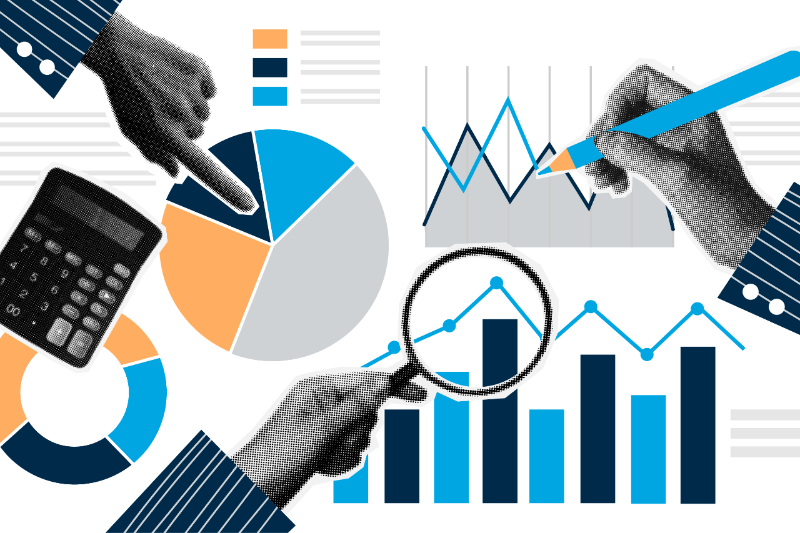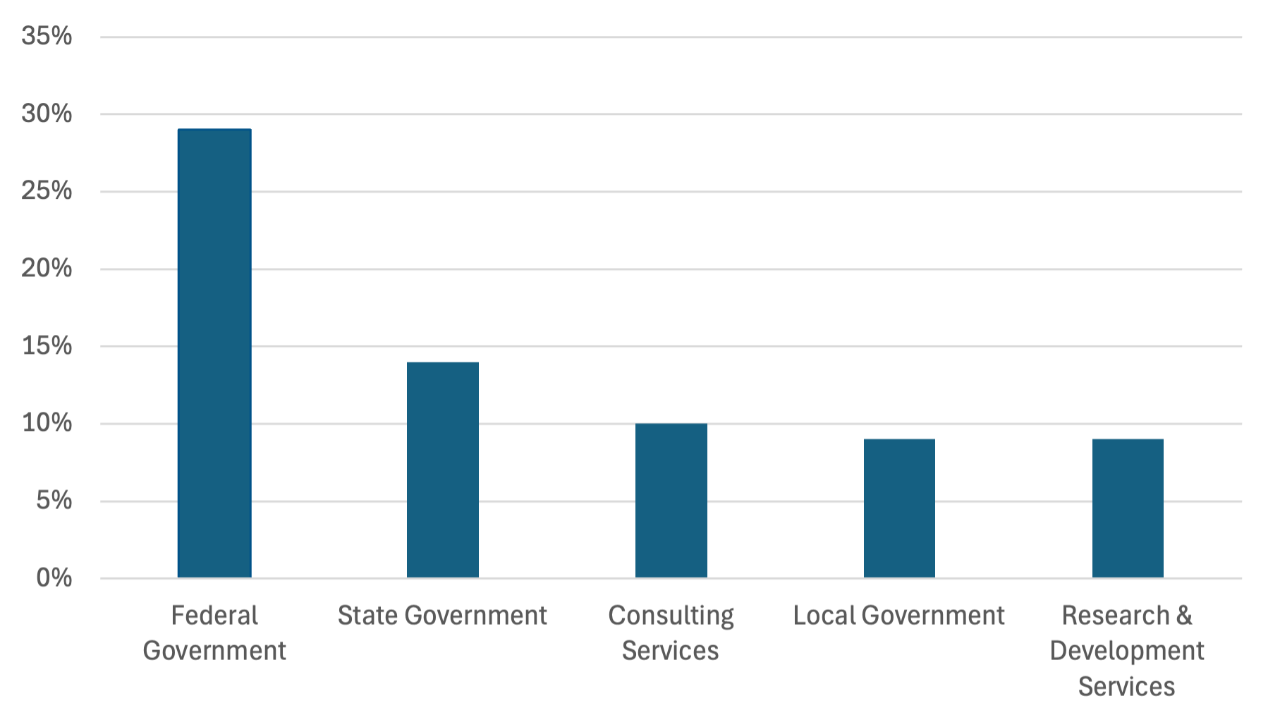From Philosopher to Technocrat: Economists Have Evolved

Who’s your favorite economist? Chances are, they’re dead. The names we reach for—Adam Smith, John Maynard Keynes, Milton Friedman or Friedrich Heyek—belong to another era. The great economists weren’t just analysts, they were philosophers of how society should work. Today’s economists are something else entirely: technocrats who manage rather than imagine the economy.
Economics began not as science, but as philosophy—a search for moral order in human exchange. Aristotle, in the fourth century B.C.E., explored the ethics of trade and the idea of a “just price.” Even Adam Smith, the father of modern economics, approached markets through the lens of moral inquiry. Only later did the field turn technical. William Jevons, Carl Menger and Léon Walras gave it equations, curves and models—the mathematics of supply, demand and equilibrium. Yet they too were still thinkers—philosophers of value, not merely calculators of it.
In the 21st century, economics has become a deeply technical field, driven by data, models and policy mechanics. That precision has its value, but it has also come at a cost, as the field has drifted away from the moral and social inquiry that once made thinkers like Smith and Keynes public intellectuals, not technocrats. To be fair, the world has changed. Smith didn’t have a mortgage or health insurance to worry about. Today’s economists earn six-figure salaries and lead comfortable lives, but often at the expense of their discipline’s philosophical soul. The federal government, the largest employer of economists, expects them to deliver reliable data every month. Financial institutions expect them to translate those numbers for investors and borrowers. These are important, practical roles. These are understandable demands, as no one wants to pay economists to think and observe for 40 years, just to have one of them finally say something world changing after we’re all gone.
Mastering statistics, and now machine learning, is an achievement economists can rightfully take pride in. But data and code are means, not meaning. The real purpose of economics remains what it always was: to understand how human behavior, virtue and value intersect in the marketplace. Technical skill may drive productivity, but economists should not lose sight of the moral and philosophical roots that gave birth to their field—and to the very idea of an economy itself.
Largest Employers of Economists

SOURCE: U.S. Bureau of Labor Statistics.
